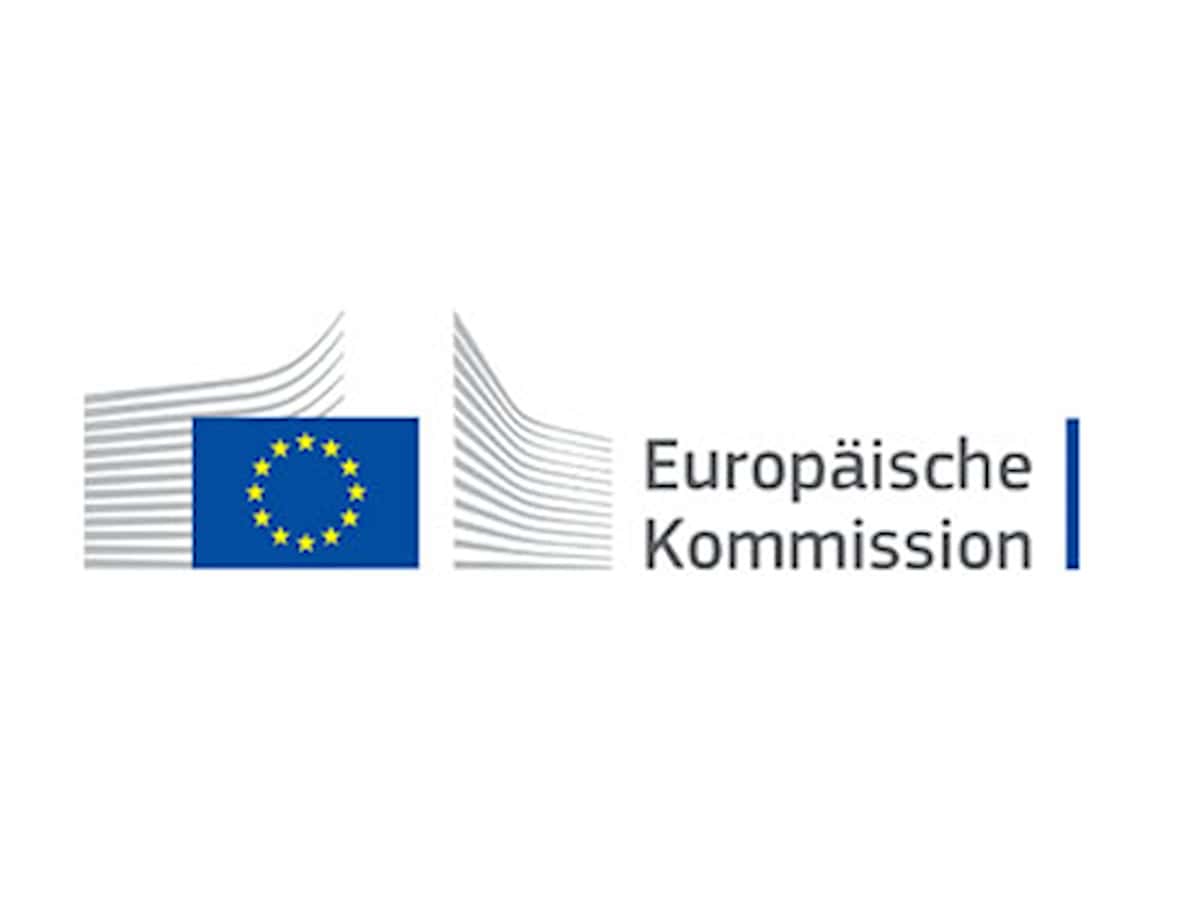April 23, 2025. The EU Commission has imposed fines of 500 million euros and 200 million euros on Apple and Meta for violations of the Digital Markets Act (DMA).
Categories
April 23, 2025. The EU Commission has imposed fines of 500 million euros and 200 million euros on Apple and Meta for violations of the Digital Markets Act (DMA).

Categories
Tags
Contact info
Silicon Saxony
Marketing, Kommunikation und Öffentlichkeitsarbeit
Manfred-von-Ardenne-Ring 20 F
Fax: +49 351 8925 889
Contact person:

Teresa Ribera, Executive Vice-President of the European Commission, said: “Today’s decisions send a strong and clear message. The Digital Markets Act is a crucial tool to unlock potential, choice and growth by ensuring that digital players can operate in competitive and fair markets. It protects European consumers and ensures a level playing field. Apple and Meta have not complied with the law by taking actions that increase the dependence of business customers and consumers on their platforms, so we have taken firm but balanced enforcement action against both companies, based on clear and predictable rules, and all companies operating in the EU must comply with our laws and respect European values.”
The two decisions follow an intensive dialog with the companies concerned. Apple and Meta were able to present their views and arguments in detail.
Apple and Meta are obliged to comply with the Commission’s decisions within 60 days, failing which they will face periodic penalty payments. The Commission is continuing its discussions with the two companies to ensure compliance with the Commission’s decisions and the DMA in general.
Under the DMA, app developers who distribute their apps through Apple’s App Store should be able to inform their customers free of charge about alternative offers outside the App Store, direct them to these offers and enable them to purchase them.
The Commission found that Apple did not comply with this obligation. Due to a number of restrictions imposed by Apple, app developers cannot fully benefit from the advantages of alternative distribution channels outside the App Store. Similarly, consumers cannot take full advantage of alternative and cheaper offers because Apple prevents app developers from directly informing consumers about such offers. The company has not demonstrated that these restrictions are objectively necessary and proportionate.
In today’s decision, the Commission has ordered Apple to lift the technical and commercial restrictions on offer steering and to refrain from the non-compliant conduct in the future, including adopting conduct having an equivalent object or effect.
The fine imposed on Apple takes into account the gravity and duration of the infringement.
Thanks to Apple’s early and proactive efforts to find a compliance solution, the Commission today also closed its investigation into Apple’s obligations in relation to user choice.
Under the DMA, gatekeepers must obtain consent from users for the combination of their personal data between services. Those users who do not consent must have access to a less personalized but equivalent alternative.
In November 2023, Meta introduced a binary advertising model based on the “Consent or Pay” principle. Under this model, EU users of Facebook and Instagram had the choice between consenting to the combination of personal data for personalized advertising or paying a monthly subscription to an ad-free service.
The Commission found that this model was not compatible with the DMA as it did not provide users with the necessary choice to opt in to a service that used less personal data but was otherwise equivalent to the “personalized advertising” service. Meta’s model also did not allow users to give their right to freely consent to the combination of their personal data.
After numerous discussions with the Commission, Meta introduced a different version of the free personalized advertising model in November 2024, offering a new option that allegedly uses less personal data to display advertising. The Commission is currently assessing this new option and is continuing its dialog with Meta by asking the company to demonstrate the impact of this new ad model in practice.
Notwithstanding this ongoing assessment, today’s decision finding non-compliance concerns the period during which only the binary ‘opt-in or pay’ option was offered to EU end-users between March 2024, when the DMA obligations became legally binding, and November 2024, when Meta’s new ad model was introduced.
The fine imposed on Meta also takes into account the seriousness and duration of the infringement and notes that today’s decisions against Apple and Meta are the first decisions on infringements under the DMA.
The Commission also closed the investigation against Apple in relation to the DMA obligation, which allows users in the EU to easily uninstall software applications and change default settings on iOS, as well as choose their default web browser via a selection screen. This closure follows a constructive dialog between the Commission and Apple. As a result, Apple changed its browser selection screen and optimized the user experience when selecting and setting a new default browser on the iPhone.
Apple has also made it easier for users to change default settings for calling, messaging, call filtering, keyboards, password managers and translation services on iPhones. A new menu now allows users to customize their default settings in one central location, streamlining the customization process.
In addition, users can now uninstall multiple pre-installed Apple apps such as Safari – a feature that was previously unavailable.
The Commission has also informed Apple of its preliminary view that Apple’s contractual terms on alternative app distribution violate the DMA.
Under the DMA, Apple must allow the distribution of apps on its iOS operating system by means other than through the Apple App Store. In practice, this means that Apple must allow third-party app stores on iOS and the downloading of apps to the iPhone directly from the internet.
The Commission’s preliminary view is that Apple has not complied with this obligation given the conditions it imposes on app developers (and app stores). Developers who want to use alternative app distribution channels on iOS are discouraged from doing so because they have to opt in to terms and conditions that include a new fee (Apple’s Core Technology Fee). Apple has also introduced overly strict eligibility requirements that make it difficult for developers to distribute their apps through alternative channels. Finally, Apple makes the installation of apps through such alternative distribution channels overly burdensome and confusing for end users.
The Commission has provisionally found that Apple has not demonstrated that the measures introduced are strictly necessary and proportionate. Apple now has the opportunity to exercise its rights of defense by reviewing the documents in the Commission’s investigation file and responding to the preliminary findings.
The Commission also found today that Meta’s online intermediation service Facebook Marketplace should no longer be designated under the DMA. The decision follows a request submitted by Meta on March 5, 2024 to review the designation of Marketplace. After a careful review of Meta’s arguments, and as a result of Meta’s additional enforcement and continued monitoring efforts to counter business-to-consumer use of Marketplace, the Commission found that Marketplace had fewer than 10,000 business users in 2024. Meta therefore no longer meets the relevant threshold to suggest that Marketplace is an important gateway for business customers to reach end customers.
– – – – – –
👉 https://commission.europa.eu/index_de
Photo: pixabay